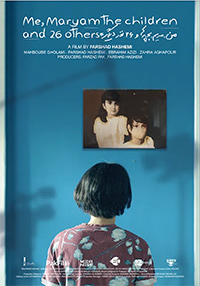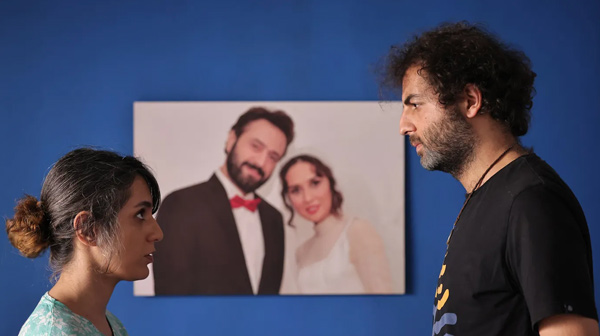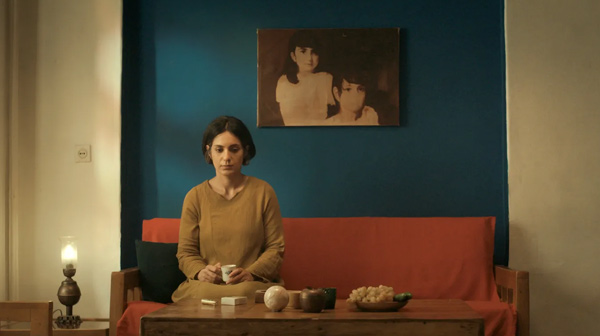Camera Crew: Filmmakers Become Family In Farshad Hashemi’s Quietly Defiant Meta-Movie
 The problem with being lonely isn’t being alone, it’s how easy it can be to accept once you’re sunk in its grip. The very thing you need to shake the feeling — meeting people, seeing friends — can be the last thing you want to do when you’ve become used to sequestering yourself from the world. Sometimes it takes the unexpected to break the cycle and in Farshad Hashemi’s modestly ambitious and gently charming directorial debut Me, Maryam, the Children and 26 Others, it’s a scrappy film crew that sparks a much needed connection. Not quite an ode to the power of cinema, ‘Maryam’ is instead a celebration of its community of creators and the intimacy of the close knit makeshift families they create.
The problem with being lonely isn’t being alone, it’s how easy it can be to accept once you’re sunk in its grip. The very thing you need to shake the feeling — meeting people, seeing friends — can be the last thing you want to do when you’ve become used to sequestering yourself from the world. Sometimes it takes the unexpected to break the cycle and in Farshad Hashemi’s modestly ambitious and gently charming directorial debut Me, Maryam, the Children and 26 Others, it’s a scrappy film crew that sparks a much needed connection. Not quite an ode to the power of cinema, ‘Maryam’ is instead a celebration of its community of creators and the intimacy of the close knit makeshift families they create.
It’s late summer in Tehran, and a film crew has descended on the apartment of Mahboube (Mahboube Gholami) for one week to shoot a short film. Production manager Farshad (played by the director, who also co-wrote the script) assures her they’ll be respectful of her space and stipulations, but things get off to a rocky start. The front door to her building is left open, her grandmother’s treasured mug is left at the bottom of a sink piled with dishes, and she discovers a treasured book with coffee rings on the cover. Mahboube doesn’t want to be a nag to the overworked but ever patient Farshad, but the demands she’s asked to carry soon include allowing crew member Navid (Navid Aghael) to stay overnight to guard the camera equipment and prevent it from being stolen. It’s an abrupt shift from the tranquil life Mahboube is used to, but she needs the money.

Deftly weaving the quotidian concerns of making the film-within-the-film with the tangle of relationships amongst the crew, Hashemi works a deft balance between the two, and as the story progresses they easily dovetail together. As everyone bangs around the confines of Mahboube’s apartment and backyard, the film never feels cramped thanks to the airy and warm work by cinematographer Davood Malek Hosseini. There’s a welcoming looseness to the film, one whose hangout vibes belie something flintier underneath.

In this way, Me, Maryam, the Children and 26 Others quietly unfolds a cross sectional portrait of Iranian life all from the confines of Mahboube’s humble home where two cameras are rolling — Hashemi and Farhad’s — revealing truth at 24 frames per second.
Reviewed on January 30th / 2024 International Film Festival Rotterdam – Tiger Competition section. 102 mins.
★★★½/☆☆☆☆☆


